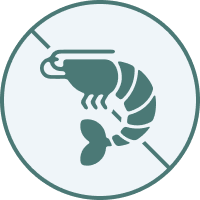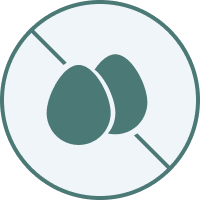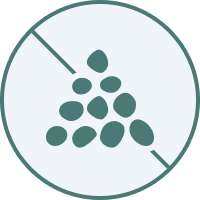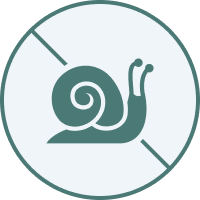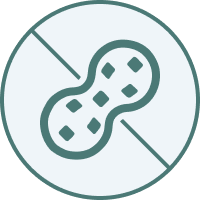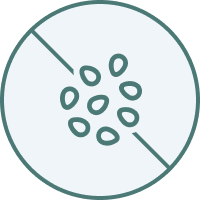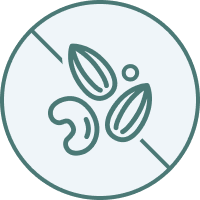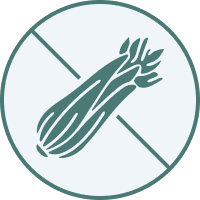Artemisia Supreme - 90 Capsules | Supreme Nutrition Products
Artemisia annua leaf has been an important therapeutic herb over the past 2,000 years in both Europe and Asia and is also recognized by the World Health Organization as an effective antimalarial “drug”. It has become the subject of intensive research following the discovery of its antimalarial component artemisinin. Phytochemical analysis has identified various compounds including steroids, coumarins, phenolics, flavonoids, purines, triterpenoids, lipids, and aliphatic compounds, monoterpenoids, essential oils, alkaloid, and glycoside. Artemisia has been used in the alternative medicine community for 20+ years mainly due to its strong broad spectrum antiparasitic properties. It is though, as you can see, much more broad spectrum.
Therapeutics: Studies have been carried out to look at the antimicrobial potential of the essential oils obtained from Artemisia annua. These studies revealed that the essential oil showed antimicrobial potential against wide range of Gram-negative bacteria, Gram-positive bacteria, and fungi. Significant inhibitory activity of the oil was found against bacterial strains, including Staphylococcus aureus, Escherichia coli, and Enterococcus hirae. Artemisia annua extracts possess remarkable antibiotic potential against fungi particularly Saccharomyces cerevisiae and Candida albicans.
For more information and supporting research please visit the complete product page and write-up at: Artemisia Supreme
Artemisia annua leaf has been an important therapeutic herb over the past 2,000 years in both Europe and Asia and is also recognized by the World Health Organization as an effective antimalarial “drug”. It has become the subject of intensive research following the discovery of its antimalarial component artemisinin. Phytochemical analysis has identified various compounds including steroids, coumarins, phenolics, flavonoids, purines, triterpenoids, lipids, and aliphatic compounds, monoterpenoids, essential oils, alkaloid, and glycoside. Artemisia has been used in the alternative medicine community for 20+ years mainly due to its strong broad spectrum antiparasitic properties. It is though, as you can see, much more broad spectrum.
Therapeutics: Studies have been carried out to look at the antimicrobial potential of the essential oils obtained from Artemisia annua. These studies revealed that the essential oil showed antimicrobial potential against wide range of Gram-negative bacteria, Gram-positive bacteria, and fungi. Significant inhibitory activity of the oil was found against bacterial strains, including Staphylococcus aureus, Escherichia coli, and Enterococcus hirae. Artemisia annua extracts possess remarkable antibiotic potential against fungi particularly Saccharomyces cerevisiae and Candida albicans.
For more information and supporting research please visit the complete product page and write-up at: Artemisia Supreme

A happier, healthier life.
Supplement Hub launched in 2019 with the aim to simplify getting and staying healthy through the use of nutritional supplements. We believe the right products can make a big difference, and we work hard to bring you the very best.
- High-quality supplements at an affordable price
- Evidence-based dosages and the best raw materials
- All supplements are carefully selected by our practitioners





